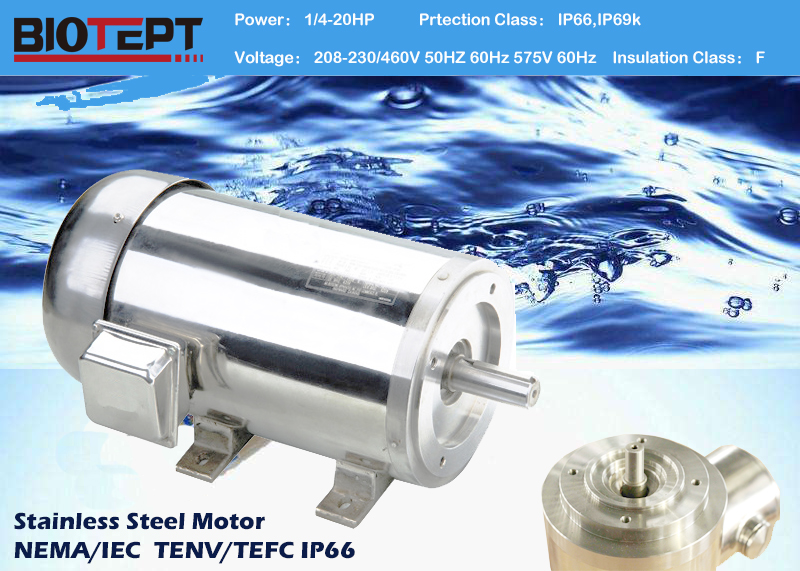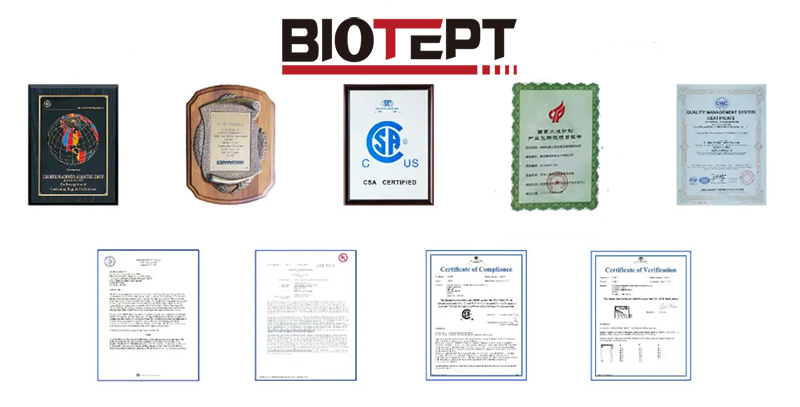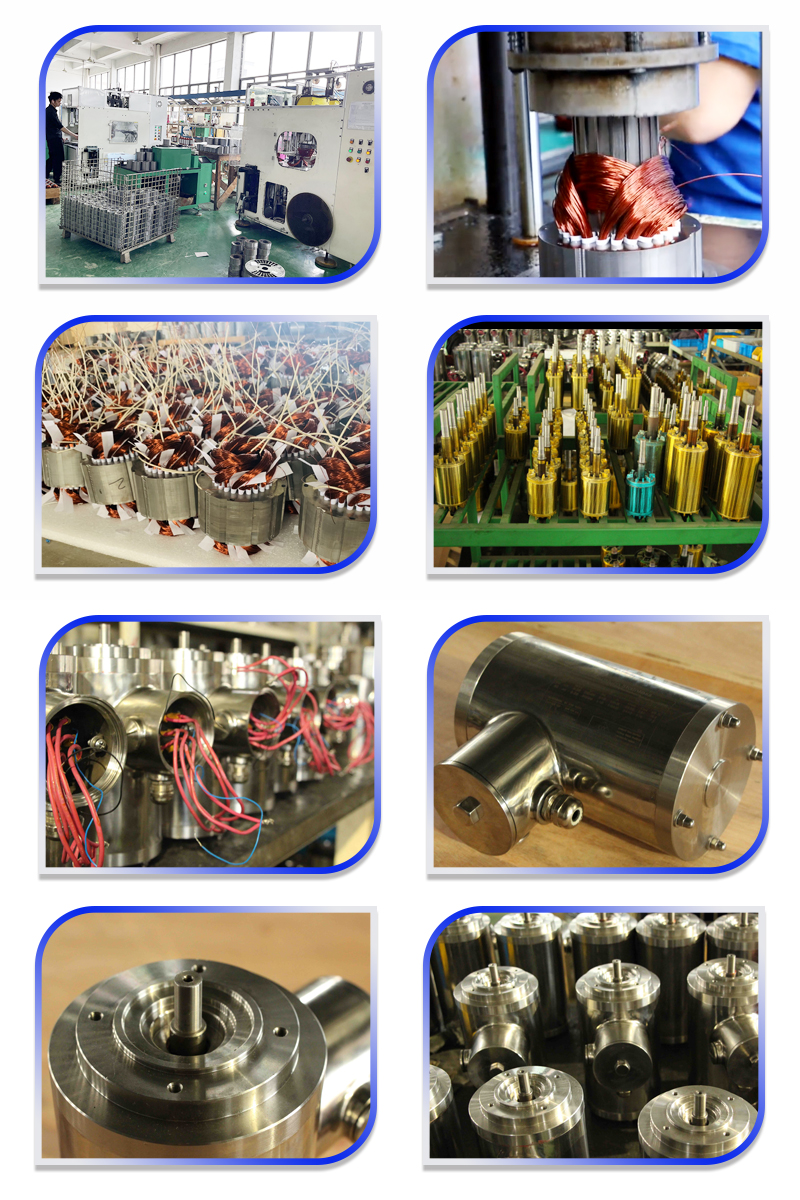With the development of automobiles in the direction of comfort, safety, information and environmental protection, automobile engine development has become the mainstream of the development of the automotive industry. This article describes the latest automotive electronics test solutions developed for automotive electronic control units (ECUs). CAN is an in-vehicle network that comprehensively controls a vehicle by transmitting information to each other through a plurality of electronic control units (ECUs) such as an engine and a transmission. The digital oscilloscope produced by Yokogawa has a CAN analysis function, which can perform timing analysis on the CAN waveform data read into the deep memory, display the ID and Data analysis results and the presence or absence of the ACK together with the waveform data, and can specify the ID. Data designation, error designation, and frame start are used as combined trigger conditions to collect data. It can retrieve part of the frame data at high speed, including specified ID, Data, CRC, ACK frames and error frames, and Bit Stuff (bits) mixed in the frame data. The fill function is retrieved and the waveform display is performed. Using the above functions, it is possible to easily observe the noise, operation, and error of the physical level of the CAN, thereby contributing to the development of the ECU and the analysis of program errors and failures. On the other hand, in addition to the dedicated analysis function such as the CAN analysis function, a measuring instrument corresponding to various signals is also used in the general measurement of the automobile. The oscilloscope modularizes the input section and makes it possible to keep data in multiple channels for long periods of time. A variety of insulated input modules, more channels than the average oscilloscope, can save the collected data on the hard disk. Corresponding to the multi-channel large screen display, there are models equipped with large printers. The DL750P oscilloscope produced by Yokogawa is equipped with 16 channels of analog input, 16-bit logic input, 1 GW of memory, 10.4-inch color LCD display, PC card driver, and large-capacity internal hard disk. The module types are: three kinds of insulation modules, temperature modules, acceleration modules, strain modules, frequency modules from 100KS/S to 10MS/S. Since it is an insulated input, it is possible to achieve long-term, high-precision, and high-interference-proof measurement without worrying about the type of signal. It is mainly used for the analysis of the combustion pressure and the evaluation of components for the synchronous pulse measurement of the engine. Because it is easy to carry, it is often used for on-board measurements. The frequency module of the DL750P predicts the deceleration curve by calculating the stop time of the pulse signal, automatically determines the stop, and accurately observes the phenomenon before and after the stop. In addition, the rotation speed signal of each pulley captured by the frequency module is input into the DSP channel for calculation, and the gear ratio can be observed in real time. Power meter in automotive measurement applications With the development of battery vehicles (EVs), hybrid vehicles (HEVs), and fuel cell vehicles (FCEVs), power meters are used to evaluate the performance of motors, batteries, and fuel cells. The WT3000, a high-precision power analyzer produced by Yokogawa, which has recently been put on the market, has a basic power accuracy of 0.06%. The measurement bandwidth is from DC to 1MHz, enabling wide bandwidth measurement. It is a multi-functional integrated digital signal power meter. In addition, it can be installed with up to 4 input units, equipped with 8.4-inch large LCD display and LED display range for greater visibility and operability. The main measurement uses of the WT3000 include: 1. High-precision power measurement of inverters in battery vehicles and hybrid vehicles; 2. Performance evaluation of high-voltage and large-capacity batteries; 3. Performance evaluation of fuel cells. For large inverters such as EVs and EHVs, in order to increase the inverter conversion power, it is necessary to measure the power of a large current with high precision. However, the power meter's input to the current is limited, and more inputs are needed in conjunction with the current sensor. To meet this requirement, the WT3000 is equipped with a current sensor that can measure both the high precision and reduce the effects of the switching pulses of the frequency converter. According to this, it is possible to achieve a high-accuracy measurement of 600 A, and it is also possible to reduce the number of man-hours required to prevent the influence of the pulse and the wiring method before the measurement. In addition, in order to improve the driving efficiency of the motor, the conversion mode of the inverter is also increasingly complicated. Thus, the frequency analysis of the converted waveform has been emphasized. In order to suppress power supply harmonic distortion, recent power meters have a harmonic measurement mode that can analyze frequency components in addition to the ordinary measurement mode for ordinary power measurement. The harmonic measurement function can be used to analyze the frequency components of the converted waveform. As mentioned above, the high-precision power analyzer WT3000 can measure power and analyze frequency components simultaneously without switching between the normal measurement mode and the harmonic measurement mode. Thereby ensuring the simultaneity of the measured values, improving the credibility of the measured data, and making the evaluation more effective. Fuel cell test solution At the heart of the fuel cell test station is the process control monitoring system. Most of these systems concentrate control I/O signals on a single host PC, which serves as the primary user interface for the test system. The types and structures of fuel cells and test systems vary, and the number of channels and sensors are also different. However, the signal is the same: temperature, pressure, humidity, flow, and digital I/O detected by the thermocouple or RTD. Designing the optimal control I/O system requires: 1. Dedicated measurement techniques; 2. Multiple input and output structures; 3. Mechanisms to prevent data loss in the event of a network or PC failure; 4. Powerful software support. The MX100 DAQMaster comes standard with an Ethernet communication interface. A single PC can be connected to a MX100 (60ch) peer-to-peer. In addition, in a surveillance system, up to 20 MX100 (1200ch) connections can be connected using the same application software. More channel systems can be implemented if programming in Visual Basic or C/C++. In a fuel cell system, if I/O is improved and optimized, it will be very different. Most data acquisition systems offer a modular structure, different sensors require different modules, and all channels of the MX100 provide universal inputs. This means that each channel can be individually assigned voltage, thermocouple, RTD, and DI input types. In addition, each MX100 can manage three different hardware scan groups simultaneously. This provides great flexibility in hybrid I/O signals (pressure, humidity, and flow) and slower I/O signals (ambient temperature and DC voltage, etc.). BIOTEPT Cost effective and food safe. Stainless steel NEMA motors from BIOTEPT excel in power, efficiency and food safety. With the NEMA stainless steel motors you benefit from a cost-effective and food-safe drive that is suitable for applications where hygiene plays an important role.
DAYTON, LEESON, MARATHON MOTORS and U.S. MOTORS
NEMA Serie – NEMA Stainless Steel Motors: main features
Nema Stainless Steel Motor,Stainless Steel Motor Nema,Stainless Steel 56C Electric Motor,Tenv Stainless Steel Motor Ningbo Biote Mechanical Electrical Co.,Ltd , https://www.biotept.com


